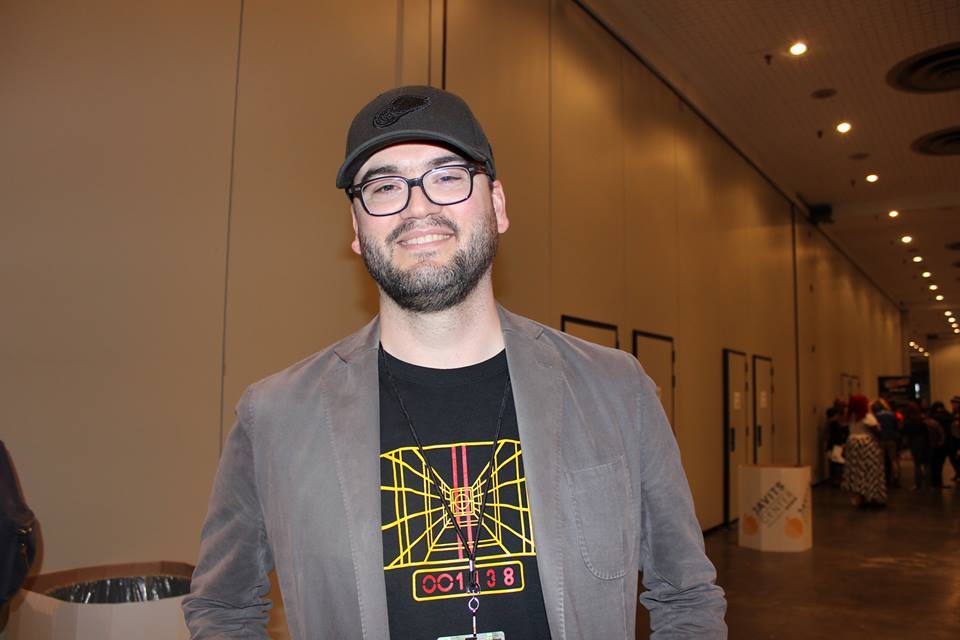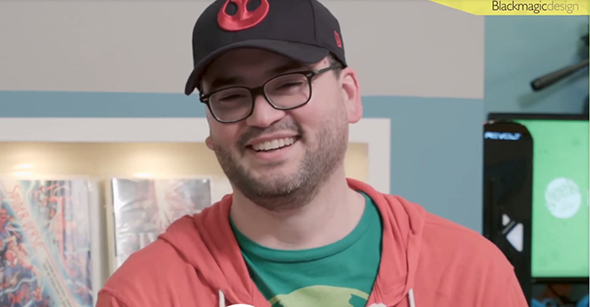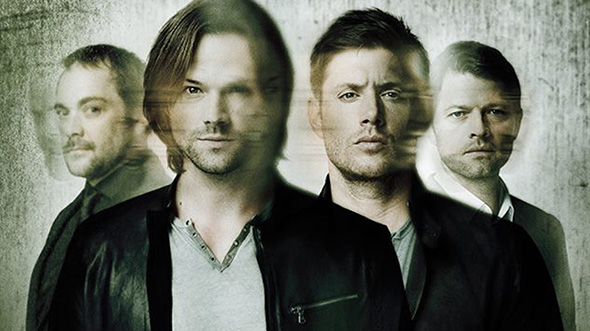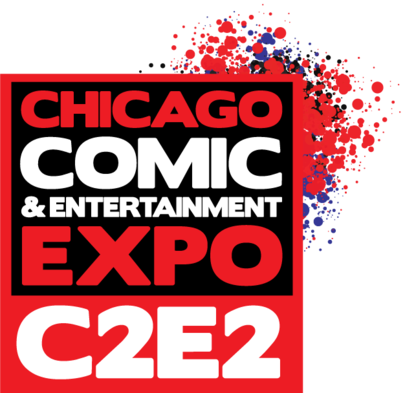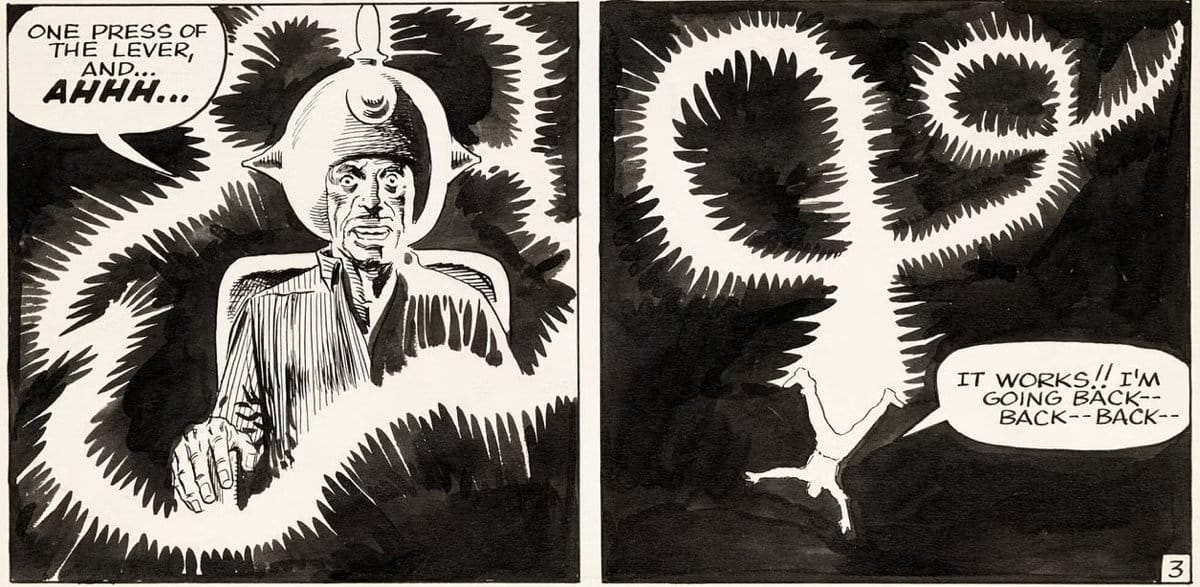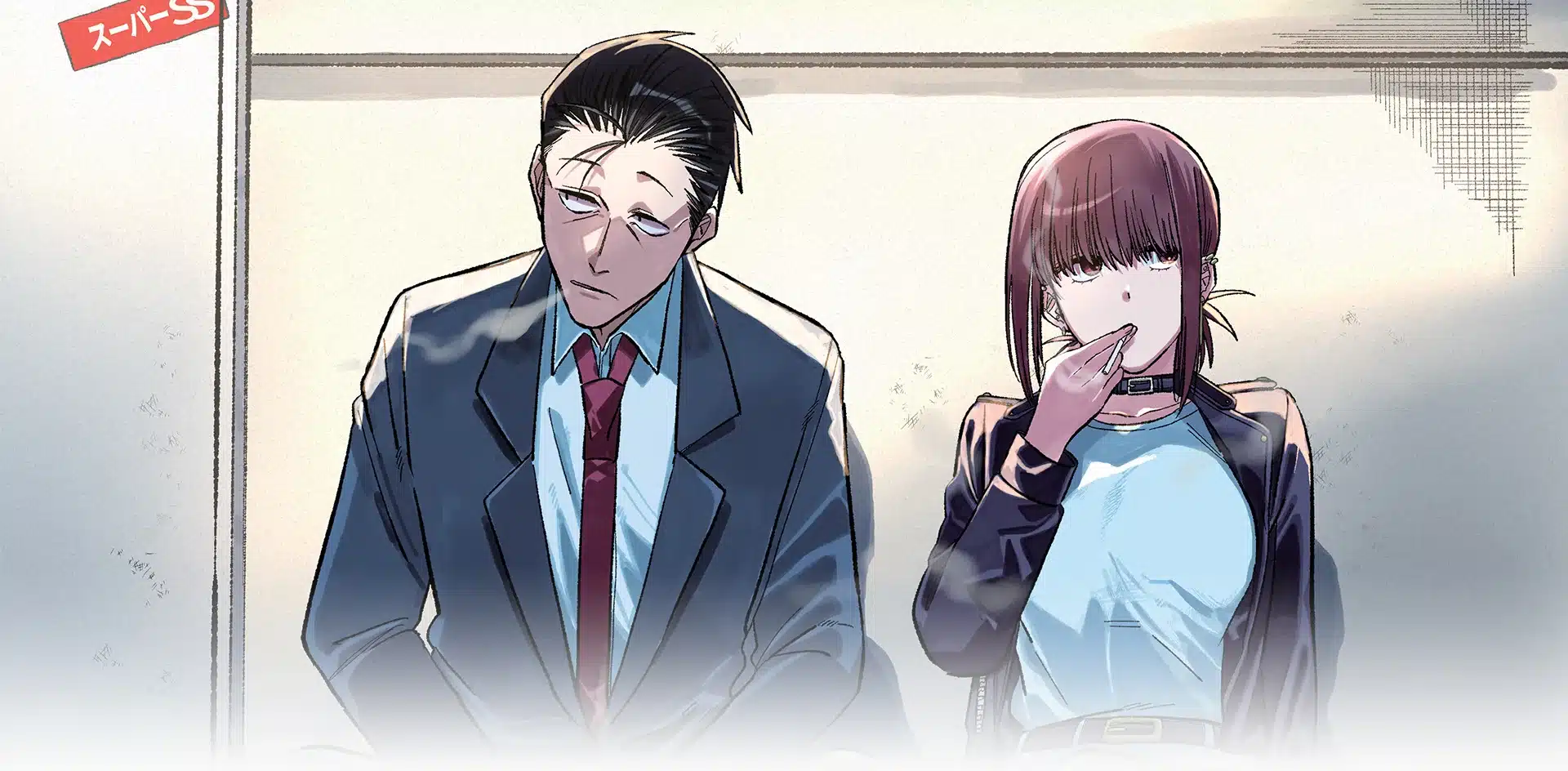Robbie Thompson first came to prominence in the nerd sphere as a writer on the long-running Supernatural TV series, but recently he jumped into the comics fold. He’s doing no less than three titles in the Spider-Man corner: Silk, Venom: Space Knight and my favorite, the all-ages Spidey. I spoke to Robbie about the transition and his experiences in both TV and comics.
How did you end up in TV?
I grew up loving movies, comics, TV and video games — visual storytelling was always my jam. I went to USC to study screenwriting. When I left school, there was more work in TV than in features. I had a post-production background, so I worked as a PA in a bunch of post departments on a handful of tv shows — I learned a ton about writing from working in Post, it’s the last draft of the script and one of my favorite parts of the process. I slowly worked my way over to writers’ rooms, working as a writers’ assistant and working my way up from there.
How does your experience as a writer on Supernatural compare to writing comics for Marvel?
Both are driven by great and compelling characters. There’s some storytelling and character building tools that translate, but the way the stories are told are totally different. I’ve been fortunate to work with truly great editors and artists who have helped me as I’ve gotten my sea legs in comics. I love the process of writing for both — each offers completely unique opportunities and collaborations.
In the case of either Supernatural or the Marvel Universe, how do you contribute to a narrative that started well before you got there?
I think the first thing is to do the homework — watch the show, read the comics. Know the show, the characters, the world. In the case of Supernatural, I watched every episode of the show before starting on staff (and have re-watched as the years have gone on), but I also read a bunch of scripts for the episodes that I loved, to try to figure out how and why they worked and learn the voice of the show on the page.
In comics, when I first started at Marvel, Editor Ellie Pyle sent me a few Mark Waid scripts which were overwhelmingly intimidating to read, but they were also invaluable and educational. I still go back and look at those and I learn something new each time.
How do you take advantage of the continuities and keep them from hindering your ability to tell stories?
History and continuity are wonderful tools to help build and sustain the world of shows and comics. I think it’s important to know the history in order to help move the narrative forward, but also so that, when you do make changes in order to tell a new story, you know what you’re changing and how to change it so it isn’t disruptive to the overall experience and for long time fans. It’s a tough balance, and I have different feelings about it as a writer than I do as a fan. But change can be good — especially good if you have a great Editor or Showrunner, because they know the story and the world best and know where it needs to go and what keeps it alive.
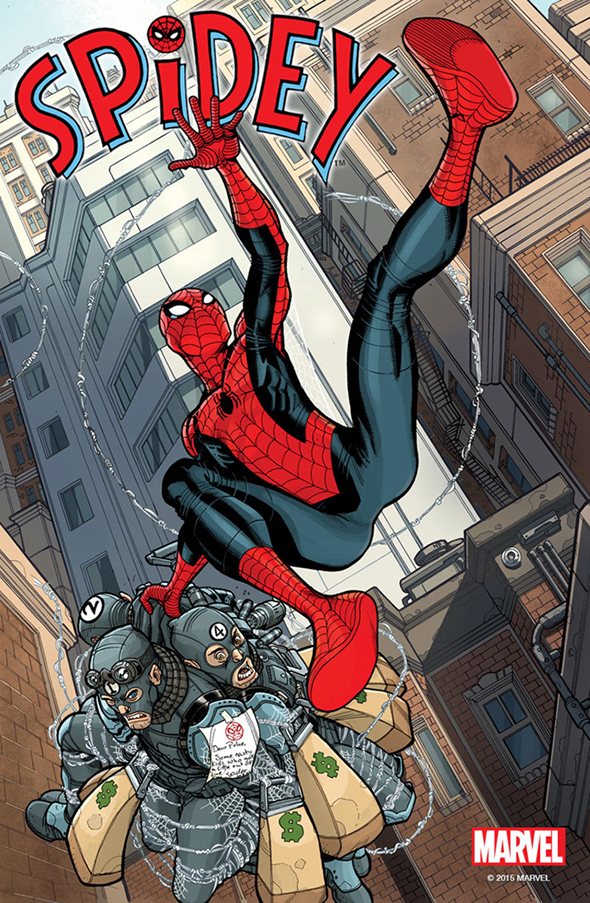
What attracts you to the Spider-Man corner of the Marvel Universe?
I think Peter Parker is one of the all time great pop culture characters ever. He has incredible powers, but he is so damn relatable. He’s always had the “Parker Luck” and yet he still finds ways to push forward. I love that. And I think all the characters in the Spider-Man Universe, whether it’s Silk, Venom, Spider-Gwen, Spider-Woman, Carnage, Web Warriors — they all reflect or refract that aspect of Peter’s character. It’s a fun corner of the Marvel Universe to play in and I am very lucky to have the opportunity to write for such great characters.
Was Ultimate Spider-Man on your mind as you started writing Spidey?
Absolutely — I went back and re-read the first couple arcs, read some Untold Tales of Spider-Man, but from the get go, Editor Nick Lowe kept referencing the original Ditko/Lee Spider-Man stories, particularly the first thirty issues. Going back and reading those was so much fun and educational. We have a sense that Peter was in high school for decades, but he wasn’t — it’s only that first thirty issues! The art and storytelling in those issues is astonishing and very inspiring. It’s been fun to work with Nick Bradshaw and Andre Araujo and the rest of the crew on Spidey.
Attending C2E2, do you expect more contact with your Supernatural or comics fanbase?
Well, Supernatural fans are the best and they are legion — but truly, I hope to see anyone and everyone I can during the show. I’ll be there all three days and will update my schedule on Twitter. It’s so much fun to connect with fellow fans and talk about the show and comics in person.
What do you enjoy most about going to an event like C2E2?
I try to be active on social media, but nothing beats meeting people one on one. Particularly with a show like Supernatural, which has such amazing and passionate and brilliant fans. There are folks that have been there since Season One, and then there’s folks that have caught up on Netflix — they all love the show and the characters and it’s a real honor and privilege to get to talk to them and connect over a shared love of the show.
I love comic conventions as a fan, and I’ve heard so many great things about C2E2 from everyone. I’m really excited to finally check the show out in person and do some shopping and see some great panels.
What’s your ultimate goal? Do you have one medium you’re particularly keen on writing for, or are you keeping your options open?
I want to continue to diversify, working in TV, comics, features, video games, hell I’d write a radio drama! The more I write, the more I learn.
Find Robbie on Twitter and at C2E2 this weekend!


